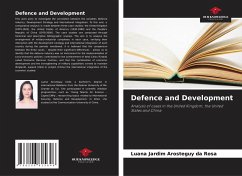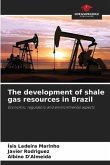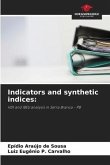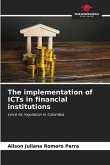This work aims to investigate the correlation between the variables Defence Industry, Development Strategy and International Integration. To this end, a comparative analysis is made between three case studies: the United Kingdom (1870-1922), the United States of America (1930-1980) and the People's Republic of China (1970-2000). The case studies are conducted through historical and descriptive bibliographic reviews. The aim is to analyse the arrangement of military-industrial complexes in each case, verifying their interaction with the development strategy and international integration of each country during the periods mentioned. It is believed that the comparison between the three cases - despite their significant differences - allows us to identify that the defence industry was an instrument for the implementation of socio-economic policies; contributed to the achievement of what Celso Furtado called Economic Decision Centres; and that the combination of economic development and the strengthening of military capabilities served to maintain (England), expand (USA) or project (China) the international integration of the countries studied.
Bitte wählen Sie Ihr Anliegen aus.
Rechnungen
Retourenschein anfordern
Bestellstatus
Storno








